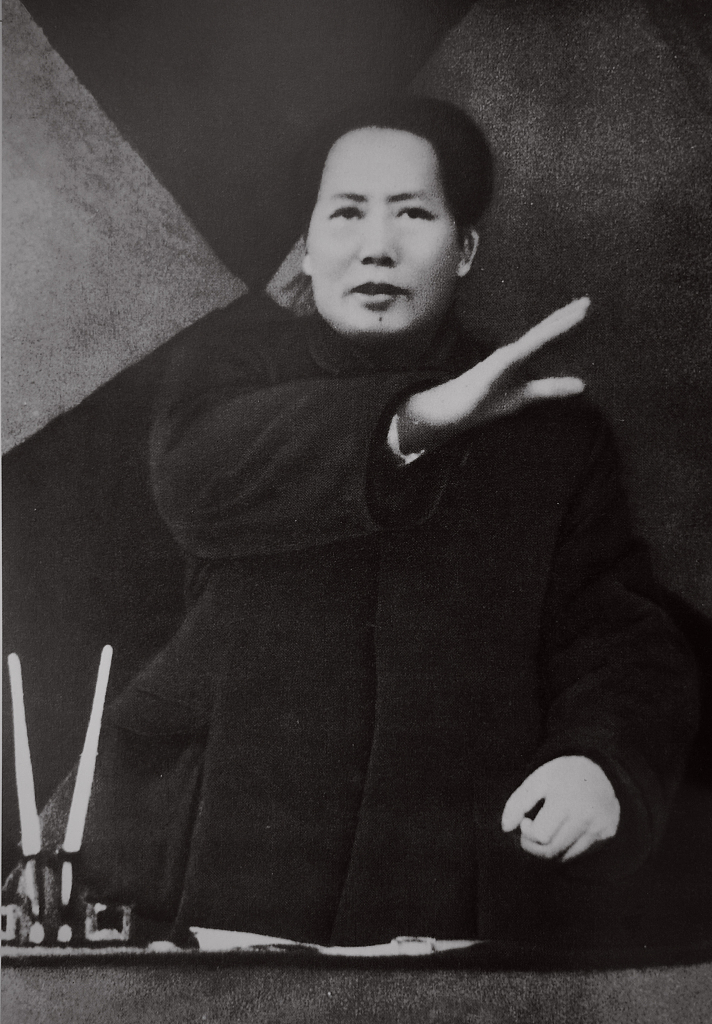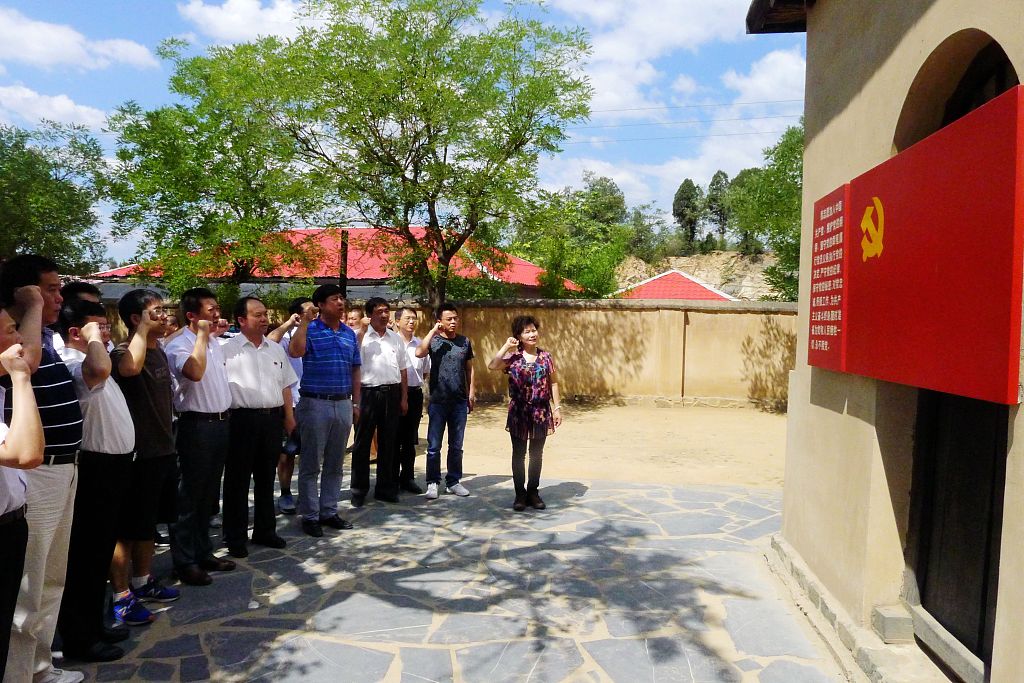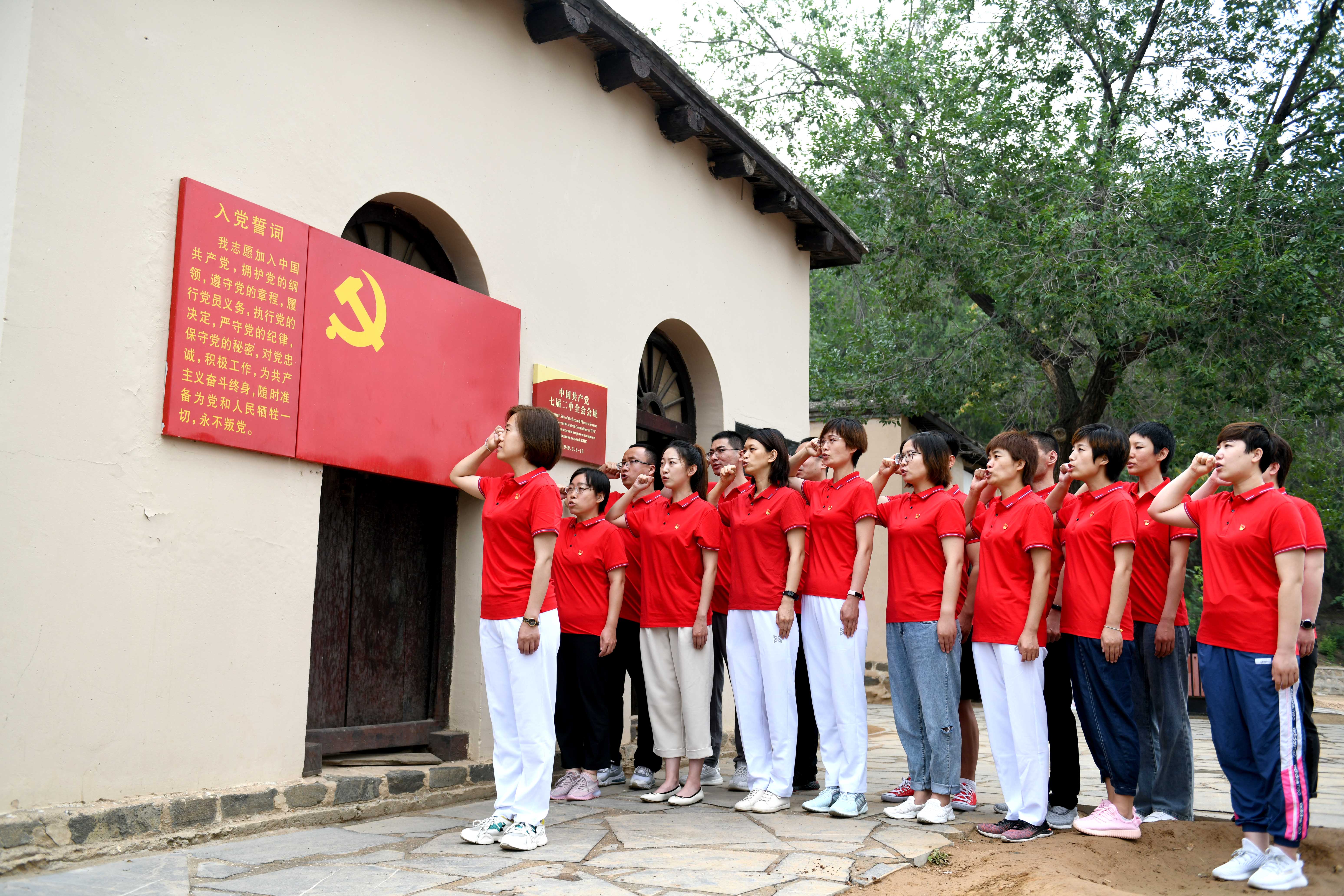
The Seventh Central Committee of the Communist Party of China held its second plenary session in Xibaipo town of Pingshan county in Shijiazhuang city, Hebei province, March 5 to 13, 1949. Thirty-four members and 19 alternate members of the Central Committee were present. Chairman Mao Zedong chaired the conference and delivered an important report.
It decided that the focus of the Party's work was to be shifted from rural to urban areas, set out the actions designed to promote the rapid victory of the revolution across the country; defined the basic political, economic and foreign policies the Party should adopt after victory and called on the whole Party to remain modest, prudent and free from arrogance and rashness in workstyle and to preserve the style of plain living and hard work.

This meeting, held just before the victory of the People's War of Liberation and establishment of the People's Republic of China, was of great significance.
The various tasks and policies set at the meeting played a directive role not only in promoting the victory of the revolution, but also in founding of the People's Republic of China, laying the groundwork for ensuring China's steady transition from an agrarian economy into a modern industrial society.

